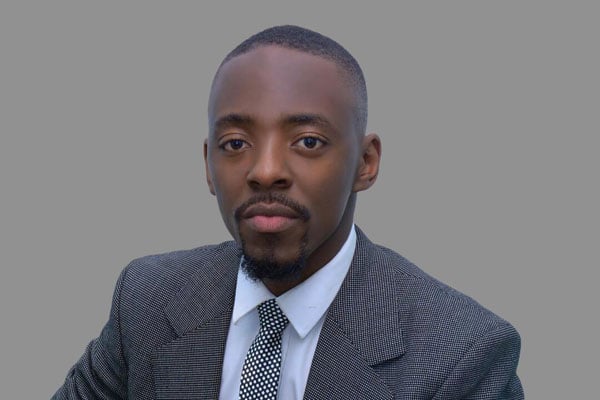Prime
Ugandans opt for VPN after govt bans social media

What you need to know:
- Mr Museveni’s revelation through a Tuesday address in the shadows of a heated election, generated troll postings across digital platforms.
By Wednesday afternoon, a number of Ugandans were able to access the blocked platforms using Virtual Private Networks (VPN) with also an option of using Wi-Fi in some places, a proxy website or a Tor browser for access as the nation braced for an election that will decide who the next president will be.
This followed a Tuesday night confirmation by incumbent president Yoweri Museveni of the blocking of the platforms.
“I am sure government has already banned this social media,” he said during a national address.
Facebook which Mr Museveni suggested and used as a scientific electoral campaign tool is now being accused of being politically segregative and promoting left-wing agenda.
“If it is going to operate in Uganda, It should be used equitably. If they want to operate against the ruling National Resistance Movement (NRM) - that group (Facebook) will not operate in Uganda,” he said, just hours after he had used the platform.
Facebook on January 9 deleted pages of pro-government elements, equally accusing their operators of violating their content dissemination policies.
Mr Museveni’s revelation through a Tuesday address in the shadows of a heated election, generated troll postings across digital platforms with the President also saying the government was extensively moving towards permanently banning the “anti-government” Facebook and other social media platforms.
Museveni added, “We cannot tolerate this arrogance of anybody coming to decide who is good or bad.”
Mr Museveni however admitted to using the platforms, “One of the international groups, a social media channel where people spend a lot of time; even me when I had time, I used to interact with you on that social media.”
Popular mainstream tech giants like Twitter and Facebook are still rising from the dust of worldwide divided opinions after they indefinitely suspended US president Donald Trump’s account last week.
These international groups such as Facebook, Mr Museveni says, “don’t know the history of Uganda” adding that, “We don’t need lectures from anybody because there is nothing we don’t know.”
Government’s desire to block Facebook is widely seen as denial of fundamental freedoms of expression and access to information contrary to Article 41 (1).
“Blocking social media really shows that there is no democracy in Uganda. What are they trying to hide?” said internet user Micheal Oketch.
According to Uganda Revenue Authority(URA), over 17 million Ugandans subscribe to social media channels. There have been efforts in the past by the ruling government to restrict mainstream social media like Instagram, Facebook and Whatsapp by taxing the use of the platforms but that has not registered as much progress.
Uganda’s tax body, Uganda Revenue Authority, says about 7.6 million people evade social media tax, commonly known as Over The Top (OTT) tax, earning government less by over 350 billion of its target annual 400billion collection by the time the bill was approved in June 2018.




